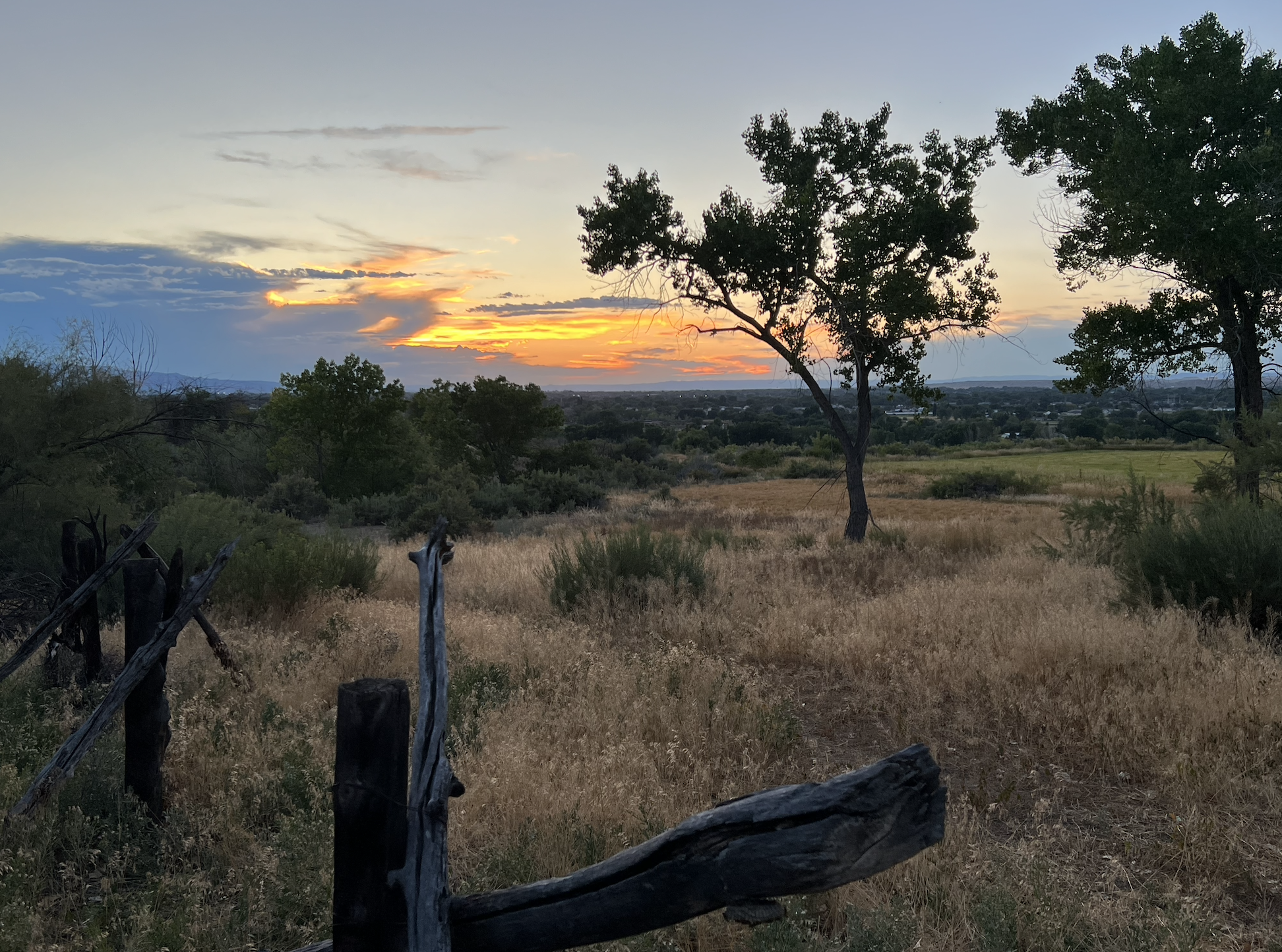Tomorrow I’m hosting a half day workshop, The Practice of Circle, with one of my local colleagues, Kathy Lung. We are anticipating 15-20 participants. Our workshop includes three main parts: 1) the experience of being in circle, 2) teaching and sharing stories about the core aspects of circle, and 3) inviting participants to practice / host a circle while we are together. There will be space for good reflection, questions, and coming to know each other more as a group of local practitioners. Our overall intention is to help participants get enough of the bones to start using circle, practicing it as a leadership methodology, and / or growing what they already know in a way that serves self, each other, and our communities / projects.
For workshops like this, really for all of the gatherings I convene, the beginnings matter a lot to me. That point at which we set context for what we will do during the time together. This a time rich with opportunity. A time to create a container for learning and for letting go. A time to signal and invite a deeper level of participation and intention. A time to show up real and welcome the real that can show up in others. A time to invite a particular energy or frequency of energy if you will.
In thinking about tomorrow, as one point of context I’ll offer, I’m remembering this: “You can learn circle in a day. But it takes a lifetime to master.” This was spoken to me by a participant and lovely man, Victor Branagan, at an Art of Hosting event earlier this year in Sweden. He came up to me, and in a mix of playfulness and awareness, shared that observation with me. He actually spoke it more broadly about overall hosting and harvesting conversations. I believe that Victor was seeing some of the many subtleties that go into things like: showing up present, inviting others to be present, naming purpose and focus by being in our questions together, listening well together, and harvesting.
I am one who believes in deep practice, the kind of mastery that Victor was pointing too. I am one who believes it is important to keep learning into the deeper levels of awareness and practice. It is important to see the depth of practice in the very simple principles. And yes, this is over a lifetime. Yet I am also one who believes we must start now. We must practice now. The level of projects that any of us are called into, the projects that we care about, the ones we can’t not do — these require are skill, our leadership, and our attention now. Whether convening neighbors into a conversation about safety or convening teams working on statewide use of energy. They require from us the kind of things we learn in a day, sometimes even as complete beginners, and our courage to offer that out now.
Learned in a day, yet mastered over a lifetime.
Thanks Victor. From Sweden to Salt Lake City.
